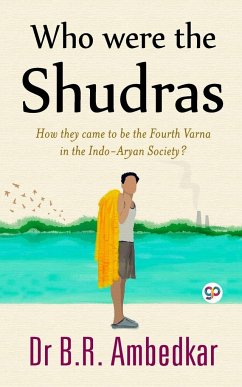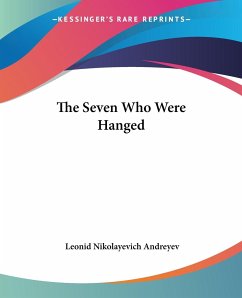The general proposition that the social organization of the Indo-Aryans was based on the theory of Chaturvarnya and that Chaturvarnya means division of society into four classes-Brahmins (priests), Kshatriyas (soldiers),Vaishyas (traders) and Shudras (menials) does not convey any idea of the real nature of the problem of the Shudras nor of its magnitude. Chaturvarnya would have been a very innocent principle if it meant no more than mere division of society into four classes. Unfortunately, more than this is involved in the theory of Chaturvarnya. Besides dividing society into four orders, the theory goes further and makes the principle of graded inequality. Under the system of Chaturvarnya, the Shudra is not only placed at the bottom of the gradation but he is subjected to innumerable ignominies and disabilities so as to prevent him from rising above the condition fixed for him by law. Indeed until the fifth Varna of the Untouchables came into being, the Shudras were in the eyes of the Hindus the lowest of the low. This shows the nature of what might be called the problem of the Shudras. If people have no idea of the magnitude of the problem it is because they have not cared to know what the population of the Shudras is.
Hinweis: Dieser Artikel kann nur an eine deutsche Lieferadresse ausgeliefert werden.
Hinweis: Dieser Artikel kann nur an eine deutsche Lieferadresse ausgeliefert werden.








